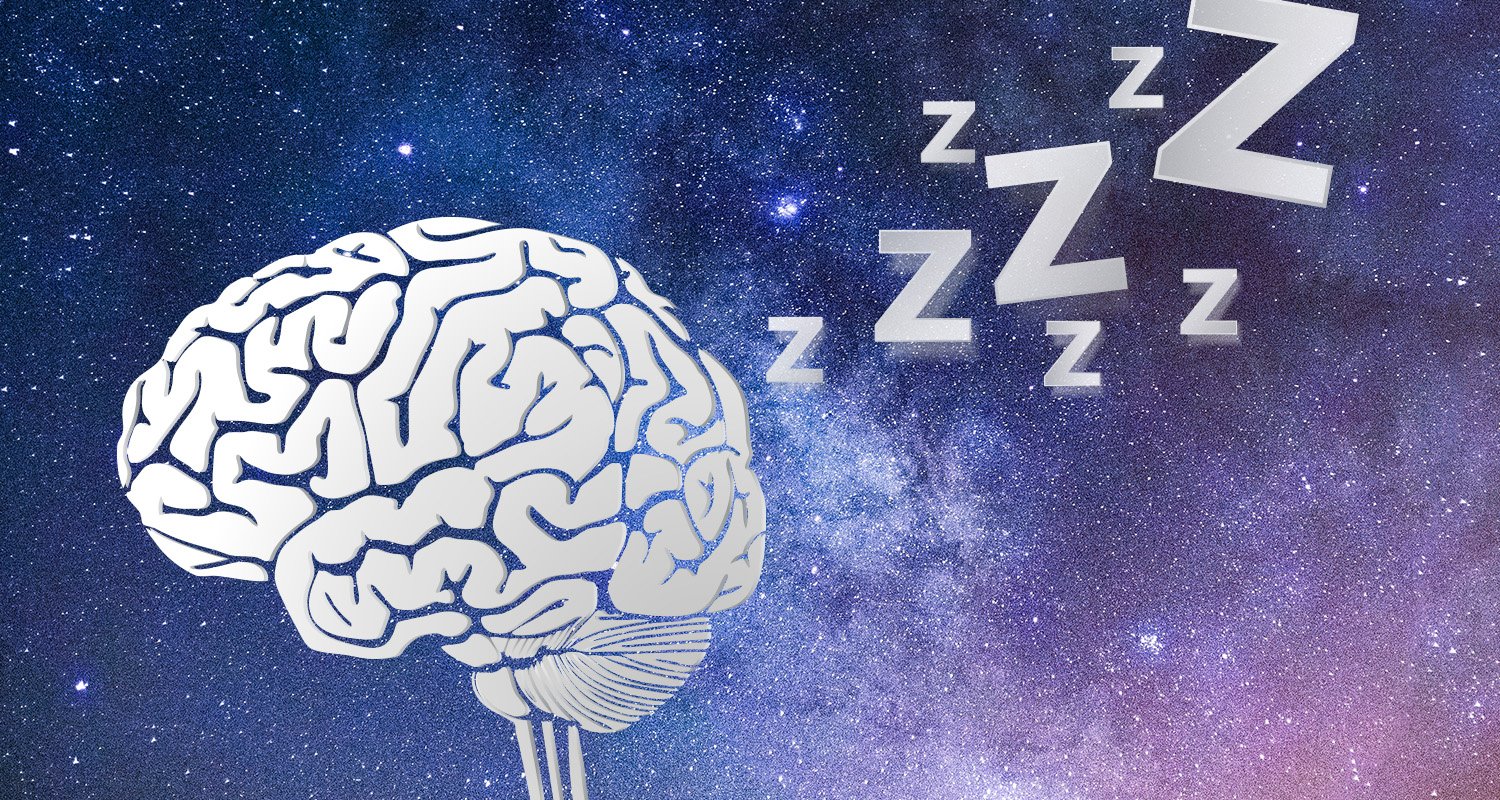Sleep, that elusive yet essential part of our daily lives, is often misunderstood. We spend about a third of our lives asleep, yet many of us know very little about what happens during this crucial time. In this blog, we'll delve into the fascinating world of sleep cycles, exploring the stages of sleep and their impact on our health and well-being.
What is a Sleep Cycle? To understand the intricacies of sleep, we must first grasp the concept of the sleep cycle. A sleep cycle is a recurring pattern of sleep stages that occurs throughout the night. Each cycle consists of several stages, each with its own unique characteristics and functions.
Stages of Sleep:
-
Stage 1 (NREM): This is the transition period between wakefulness and sleep. In this stage, you may experience drowsiness and muscle relaxation. It's easy to be awakened during this stage, and it typically lasts only a few minutes.
-
Stage 2 (NREM): Stage 2 is characterized by a deeper state of sleep. Brain waves slow down, and you become less aware of your surroundings. During this stage, your body begins to prepare for deep sleep.
-
Stage 3 (NREM): Also known as deep sleep or slow-wave sleep, stage 3 is the most restorative stage of sleep. During this stage, your body repairs tissues, builds bone and muscle, and strengthens the immune system. It's also the stage where growth hormones are released, making it particularly important for children and adolescents.
-
Stage 4 (REM): Rapid Eye Movement (REM) sleep is where dreams occur. Despite the name, your eyes move rapidly beneath your closed eyelids during this stage. REM sleep is crucial for cognitive function, memory consolidation, and emotional regulation.
Let's go deeper into stage 3 and 4
Stage 3 (NREM) - Slow-Wave Sleep (SWS):
-
Brain Activity: During stage 3, brain activity slows down significantly compared to earlier stages of sleep. This is reflected in the electrical patterns of the brain, known as delta waves, which are prominent during this stage. The brain transitions into a state of deep relaxation and restorative functions.
-
Physical Restoration: Stage 3 is crucial for physical restoration and repair. It's during this stage that the body performs essential maintenance tasks, such as muscle repair, tissue growth, and hormone regulation. Growth hormone is released during this phase, contributing to growth and development, particularly in children and adolescents.
-
Immune Function: Deep sleep is also closely linked to immune function. Research suggests that inadequate deep sleep can weaken the immune system, making individuals more susceptible to infections and illnesses.
-
Memory Consolidation: While memory consolidation primarily occurs during REM sleep, stage 3 also plays a role in solidifying certain types of memories, particularly those related to procedural or motor skills. This stage is essential for integrating new information and experiences into long-term memory.
Stage 4 (REM) - Rapid Eye Movement Sleep:
-
Dreaming: Stage 4, also known as REM sleep, is characterized by rapid eye movements, increased brain activity, and vivid dreaming. During this stage, the brain is highly active, resembling the waking state in many aspects, despite the body being in a state of muscle paralysis.
-
Memory Consolidation and Learning: REM sleep is crucial for cognitive function, learning, and memory consolidation. Research suggests that the brain replays and processes information acquired during the day, strengthening neural connections and encoding memories for long-term storage.
-
Emotional Regulation: REM sleep is closely associated with emotional processing and regulation. Dreams during this stage often reflect emotional experiences, and REM sleep is believed to play a role in emotional resilience and well-being.
-
Brain Development: REM sleep is particularly important for infants and young children, as it is thought to support brain development and maturation. Babies spend a significant portion of their sleep time in REM sleep, which may contribute to their rapid cognitive and emotional development.
In summary, stages 3 and 4 of the sleep cycle are essential for physical restoration, immune function, memory consolidation, learning, emotional regulation, and brain development. Understanding the intricate processes that occur during these stages underscores the importance of prioritizing quality sleep for overall health and well-being.
The Sleep Cycle in Action: Throughout the night, you cycle through these stages multiple times, with each cycle lasting about 90 to 120 minutes. As the night progresses, the proportion of time spent in REM sleep increases, while deep sleep decreases. This is why it's common to wake up from a dream in the early morning hours.
Impact on Health: Understanding the sleep cycle is essential because it directly impacts our health and well-being. Disruptions to the sleep cycle, such as insomnia or sleep apnea, can have profound effects on our physical and mental health. Chronic sleep deprivation has been linked to a wide range of health problems, including obesity, diabetes, cardiovascular disease, and depression.
Tips for Improving Sleep Quality:
- Stick to a regular sleep schedule, even on weekends.
- Create a relaxing bedtime routine to signal to your body that it's time to wind down.
- Make your sleep environment comfortable, cool, and dark.
- Limit exposure to screens, especially blue light, before bedtime.
- Avoid caffeine and heavy meals close to bedtime.

Sleep is not just a passive state of rest; it's a complex process that plays a vital role in our overall health and well-being. By understanding the intricacies of the sleep cycle and adopting healthy sleep habits, we can optimize our sleep quality and wake up feeling refreshed and rejuvenated each day. So tonight, as you drift off into dreamland, take comfort in knowing that your body is hard at work, replenishing and rejuvenating itself for the day ahead. Sweet dreams!
